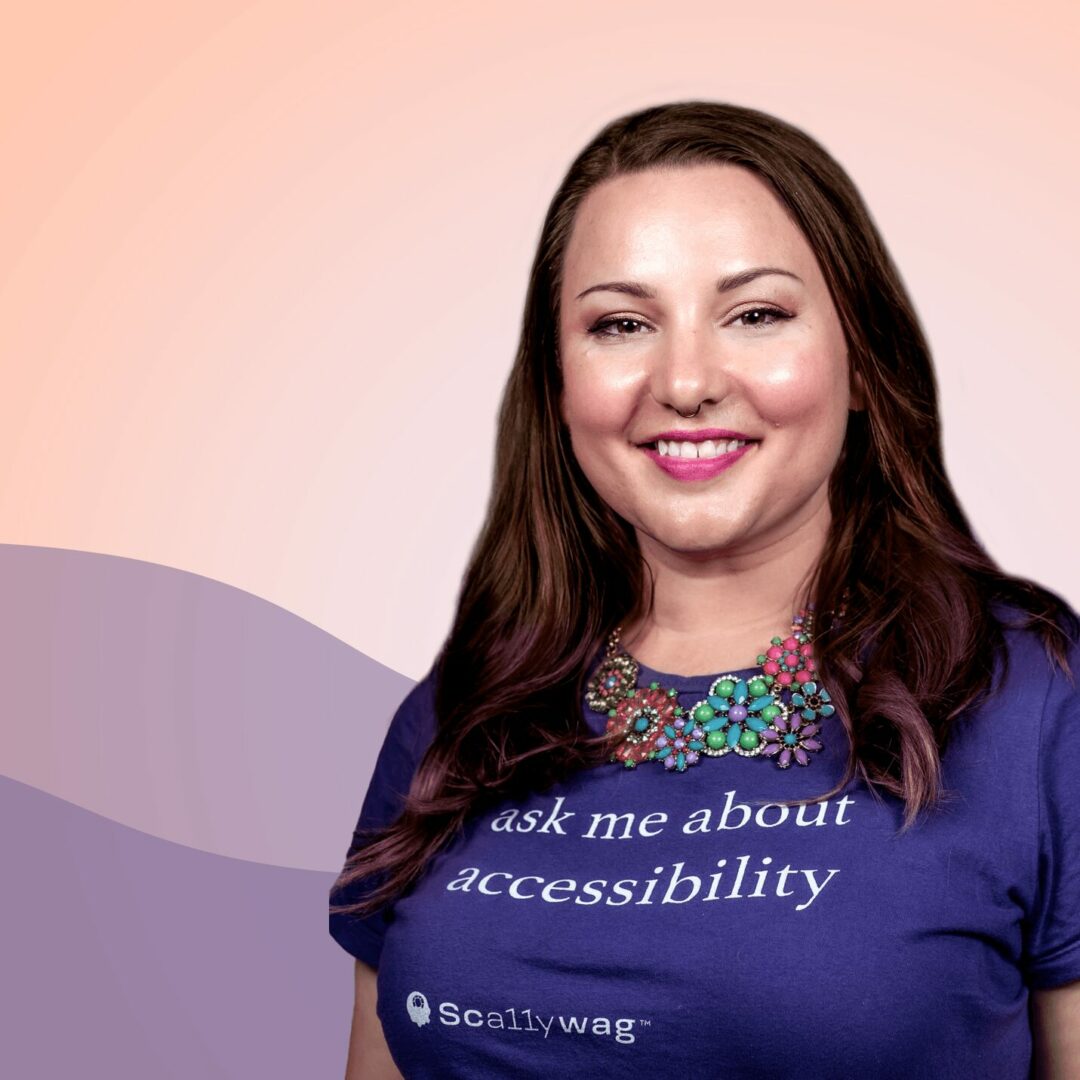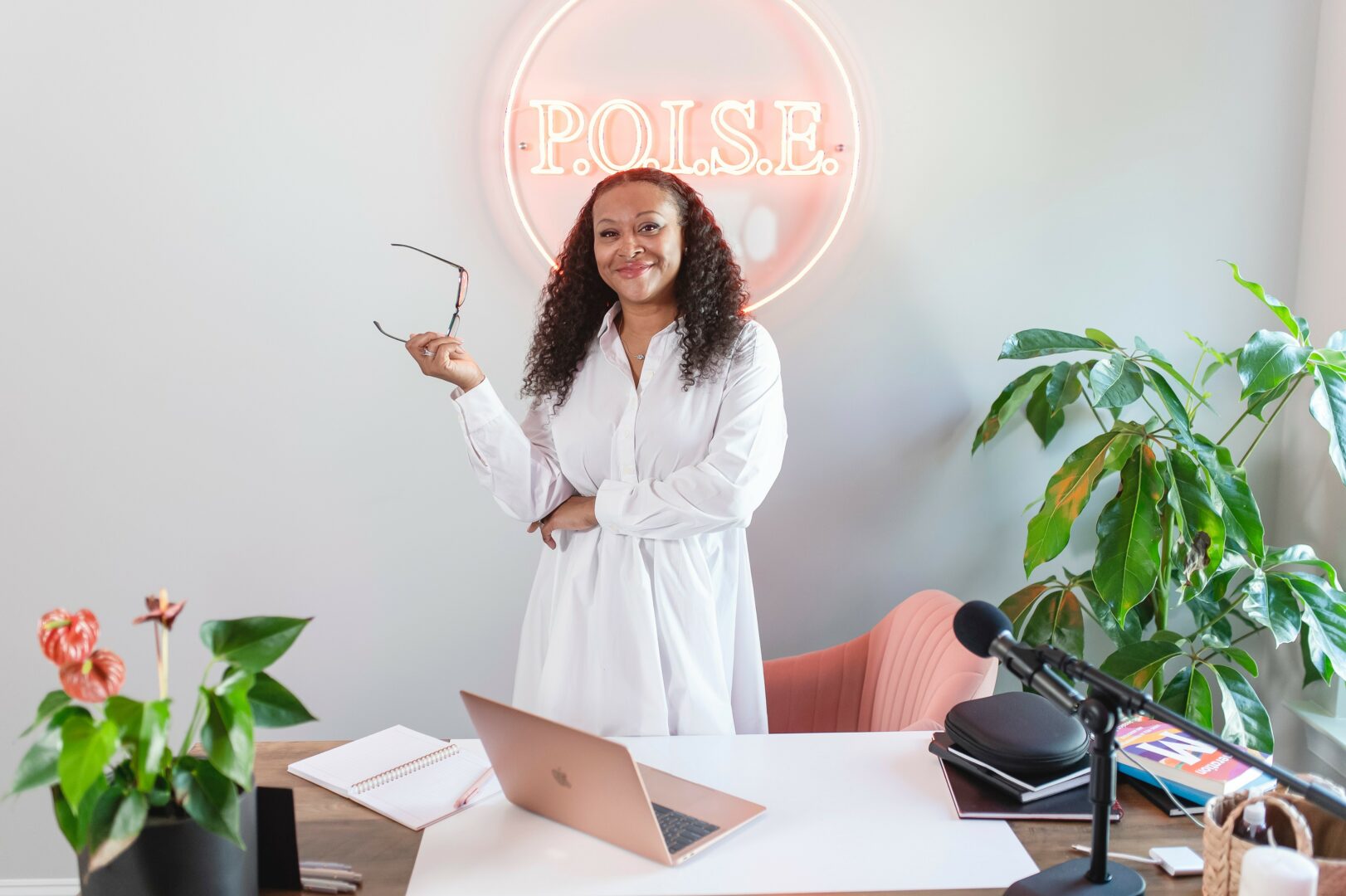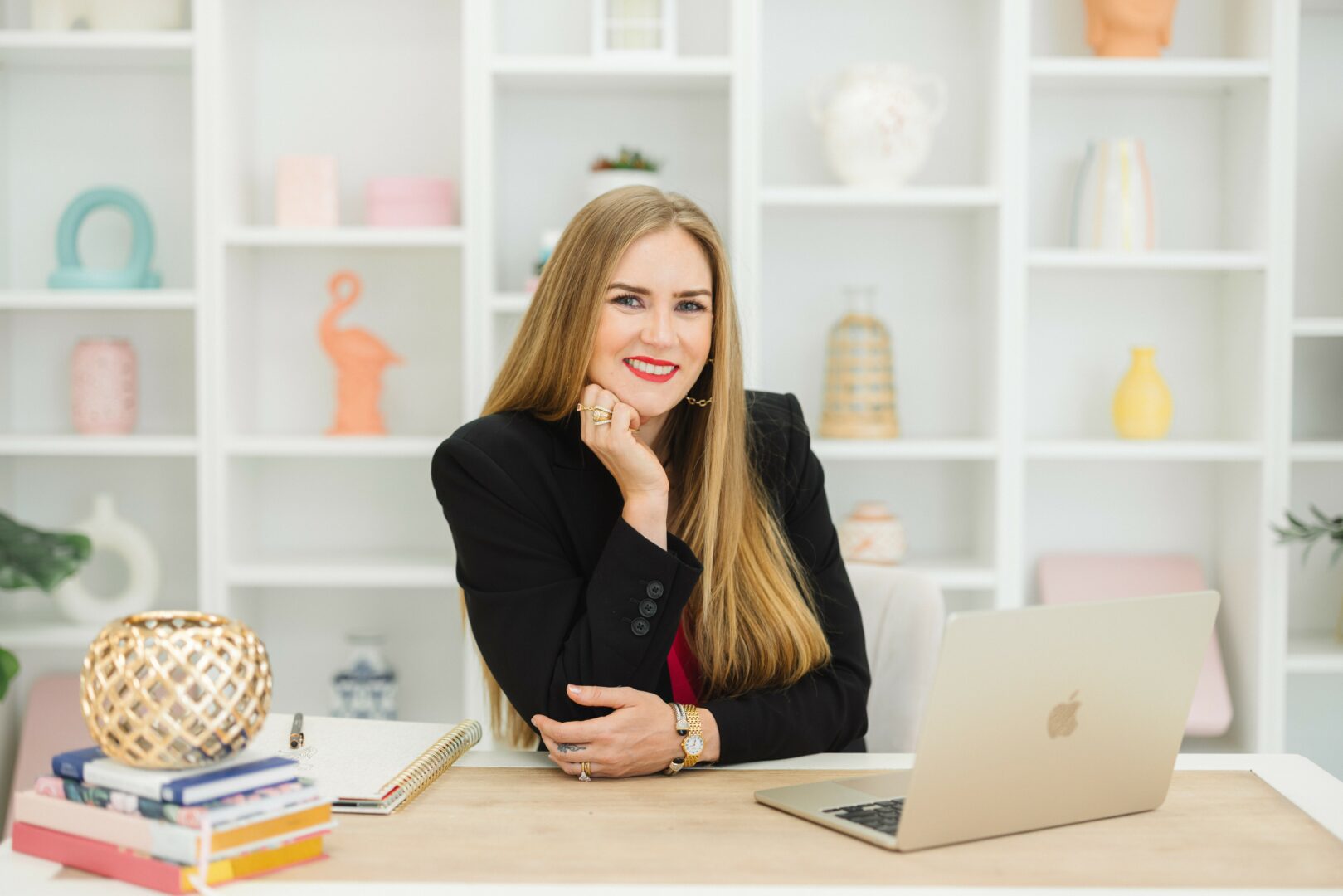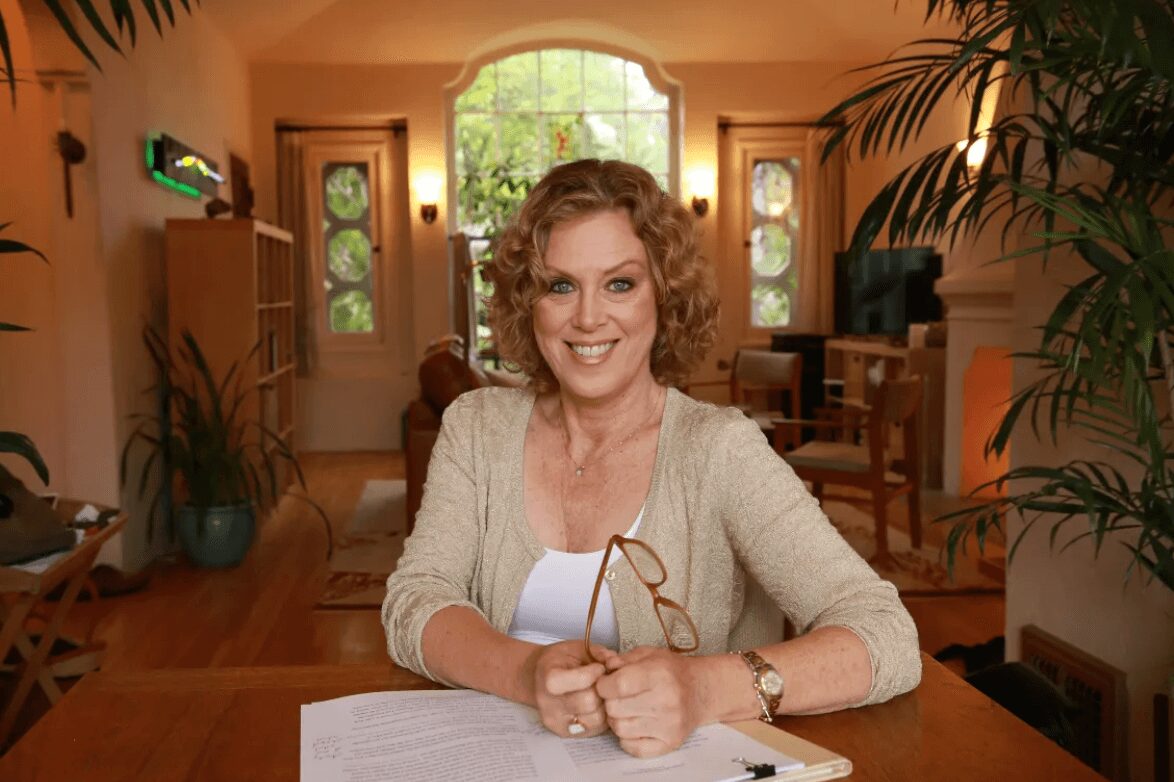We’re excited to introduce you to the always interesting and insightful Nikki Kuhn. We hope you’ll enjoy our conversation with Nikki below.
Hi Nikki , really happy you were able to join us today and we’re looking forward to sharing your story and insights with our readers. Let’s start with the heart of it all – purpose. How did you find your purpose?
I was working as a User Experience Designer at Accenture and considered myself an accessible designer because many of my projects—especially in government and healthcare—required ADA compliance. But everything changed when I worked on an accessible payment kiosk project. I collaborated directly with the client’s ADA team, which included employees with disabilities. Working side-by-side with a blind colleague was a pivotal moment. I realized that while I had a strong foundation in accessibility standards, there was a big difference between knowing the guidelines and truly understanding what it takes to create an accessible experience for real people.
That experience opened my eyes to how wide the gap was between compliance and inclusion. From that moment forward, I immersed myself in the accessibility community, eager to learn and become a better ally. During one presentation, someone shared their story about living with an invisible disability, and it hit me deeply—my dyslexia was an invisible disability I had been accommodating for my whole life. Later, I was diagnosed with ADHD, which helped me understand my own neurodivergent brain and deepened my empathy for others who experience and process the world differently.
Today, as the founder of Sca11ywag, I help organizations build accessibility into their digital products—from apps and websites to design systems and documents. I’m also a keynote speaker, sharing my journey and advocating for accessibility, neuroinclusion, and the importance of education and awareness. My purpose is to create more empathetic, flexible, and inclusive digital experiences—and to empower others to see accessibility not as an obligation, but as an opportunity to design for everyone.
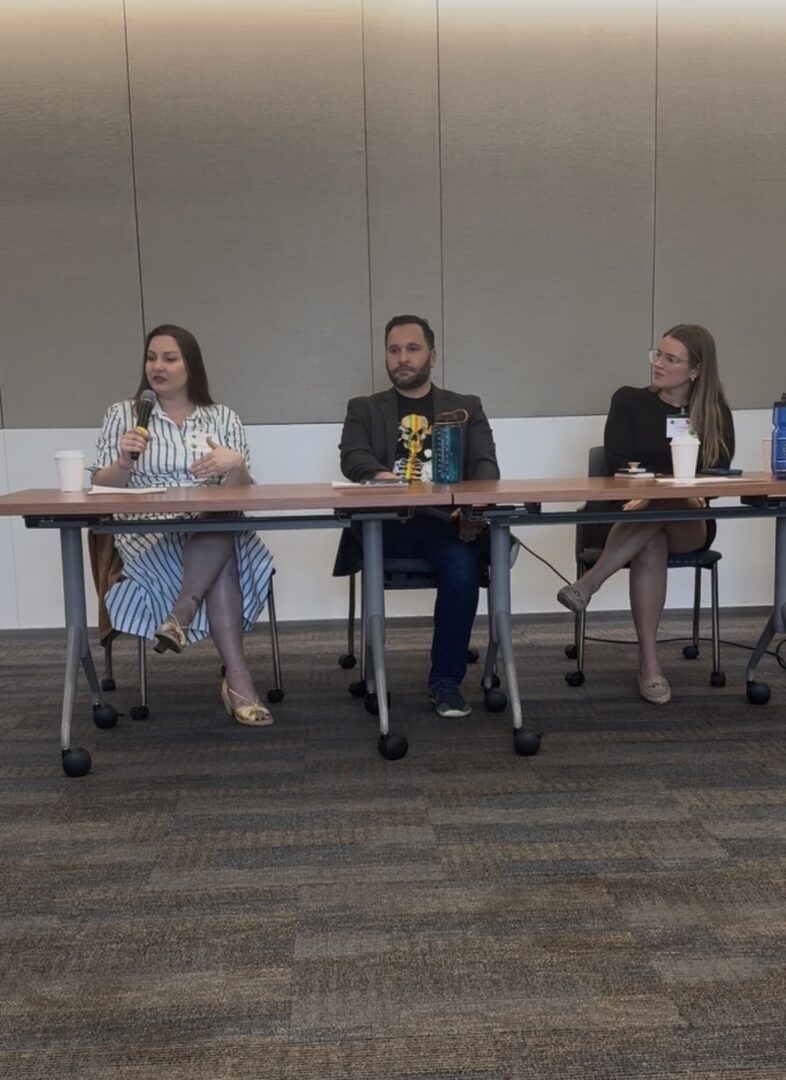
Great, so let’s take a few minutes and cover your story. What should folks know about you and what you do?
I formed Sca11ywag because I knew I had more value to offer to the world—and I wanted to work with clients who truly care about accessibility, even if they’re not sure where to start. Sca11ywag gives me the freedom to collaborate with organizations that want to do better but may lack the knowledge or tools to get there.
As an accessibility consultant, I help clients create more inclusive digital experiences by offering accessibility audits, accessible design solutions, training, and strategic guidance. My work spans from early design conception to project completion—and often beyond—helping teams build accessibility into their processes and culture, not just their projects.
What excites me most is seeing that “aha” moment when clients realize accessibility isn’t a limitation—it’s innovation. It sparks creativity, empathy, and better user experiences for everyone. That’s the magic I love bringing to my work.
As an entrepreneur, I also believe in the power of community and giving back. I serve on the advisory board of the Neurodiversity Employment Network of Philadelphia, am a Rotarian, and an active member of several professional communities including the Pyramid Club. Through speaking, mentoring, and collaboration, I’m always finding new ways to promote education and awareness around accessibility and neurodiversity.
Whether I’m consulting, keynoting, or building resources under the Sca11ywag brand, my goal is simple: to help others design experiences that are flexible, inclusive, and built for the beautifully diverse ways people interact with the world.
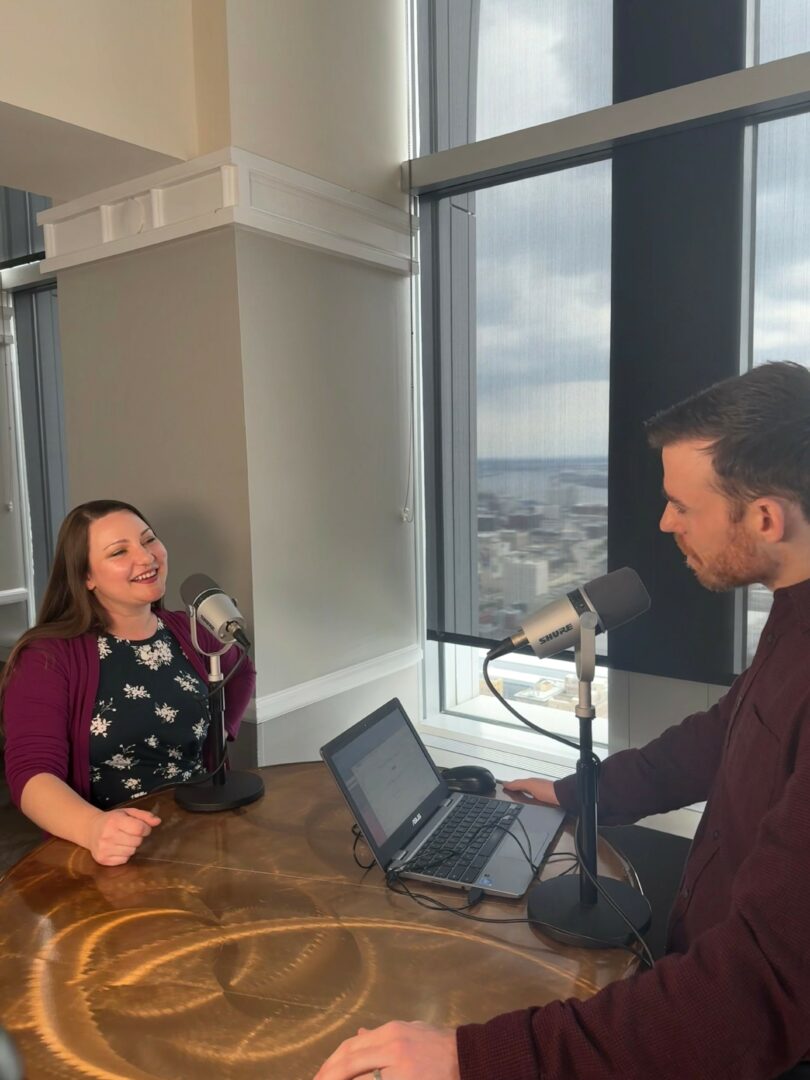
There is so much advice out there about all the different skills and qualities folks need to develop in order to succeed in today’s highly competitive environment and often it can feel overwhelming. So, if we had to break it down to just the three that matter most, which three skills or qualities would you focus on?
The first quality that has had the greatest impact on my journey is empathy. As a user experience designer and accessibility advocate, everything I do starts with putting humans first. My empathy allows me to truly understand the frustration of navigating systems that weren’t designed for the people using them. It helps me bridge the gap between user needs and business goals so that accessibility becomes a natural part of creating better experiences for everyone.
The second is seeing the big picture. To be strategic with my recommendations, I make it a priority to understand the entire ecosystem—how design, development, content, and operations all intersect. This perspective allows me to establish a “north star” for teams to align with, helping them prioritize what matters most and move forward with clarity and purpose.
And finally, creativity. My creativity helps me think beyond traditional approaches by experimenting, iterating, and finding new ways to make accessibility engaging and approachable. Whether that means reimagining a process, designing a tool, or reframing how we talk about inclusion, creativity keeps my work both meaningful and fun.
All of these strengths—empathy, big-picture thinking, and creativity—are deeply tied to my neurodivergence. They shape the way I see connections, understand people, and solve problems. For anyone early in their journey, my advice is to lean into what makes you different. Those qualities can become your greatest strengths when you learn how to use them with intention.
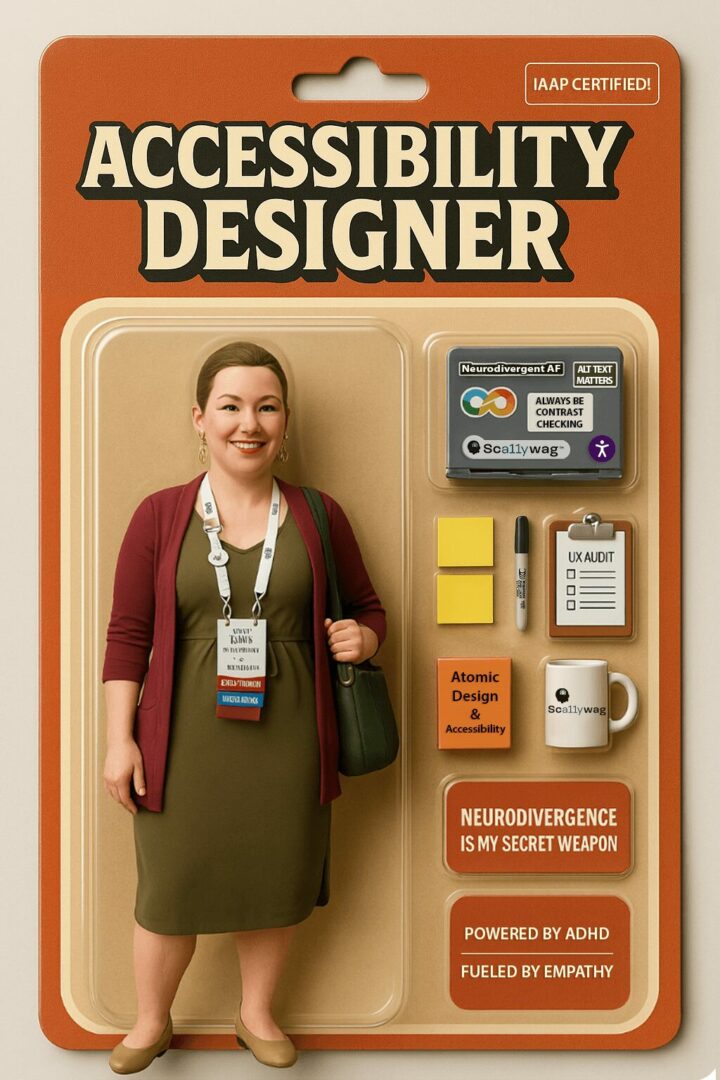
One of our goals is to help like-minded folks with similar goals connect and so before we go we want to ask if you are looking to partner or collab with others – and if so, what would make the ideal collaborator or partner?
I’m always open to collaboration and love expanding my network. Whether it’s partnering on accessibility initiatives, creating educational content, or speaking at events, I’m most energized when I can connect with others who are passionate about making a positive impact.
Right now, I’m especially interested in keynote speaking and collaborative opportunities that help spread awareness and education around accessibility, neuroinclusion, and inclusive design. I enjoy working with organizations, conferences, and communities that value innovation, empathy, and creating more inclusive experiences for everyone.
If you’re interested in collaborating or inviting me to speak, you can learn more about me through my website at www.sca11ywag.com and connect with me on LinkedIn. I’m always excited to connect with others who share a commitment to accessibility and inclusion.
Contact Info:
- Website: https://www.sca11ywag.com/
- Linkedin: https://www.linkedin.com/in/nikki-kuhn/
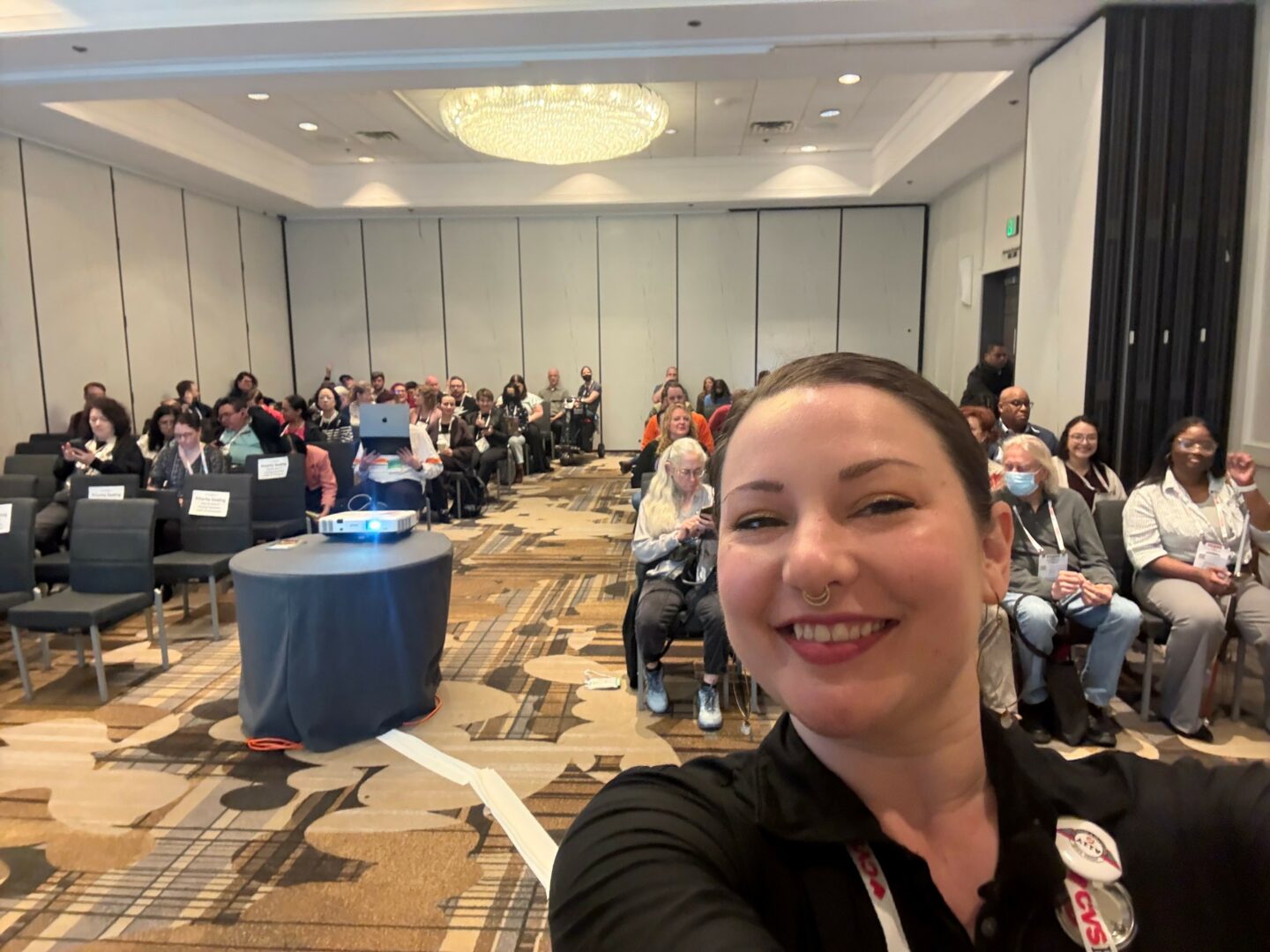
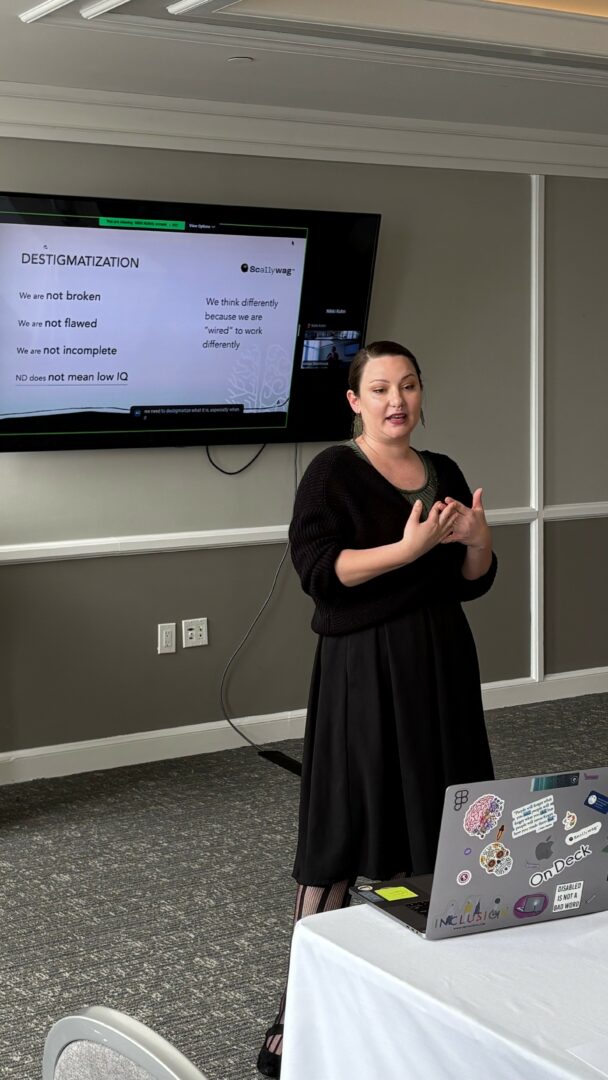
so if you or someone you know deserves recognition please let us know here.

